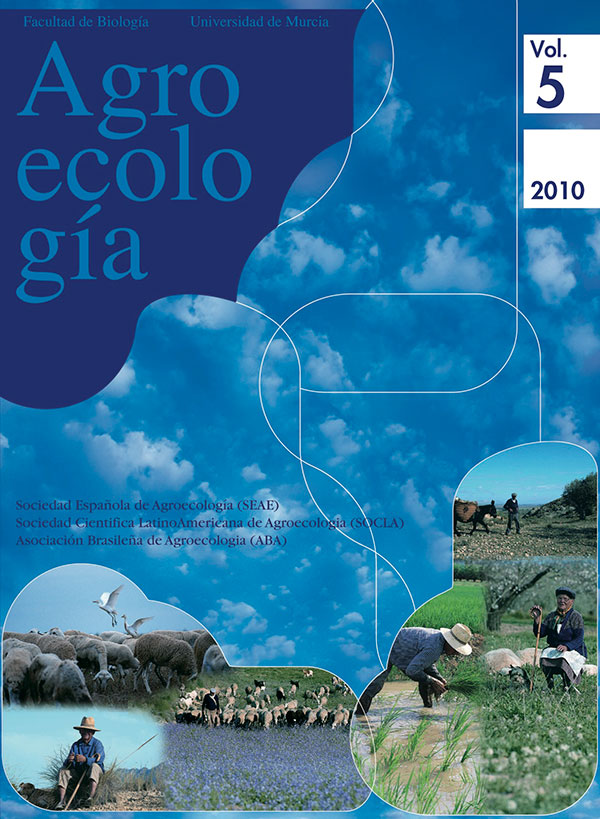Diminishing the relevance of pesticides. Alternatives to its use
Abstract
In different places of the world the agricultural systems have a high dependence of chemical inputs, but in other parts the experiences developed have demonstrated that the problems of pests can be faced up from an ecological and sustainable perspective. Local experiences presented in this paper show unquestionable evidences that the decrease of the relevance and dependence of the pesticides is a possible reality. The results of an impact evaluation and sustainability of the practices of pest management are shown inside that perspective, at the same time that alternatives are documented to the chemical control of pests. Among the obtained results they stand out that in the municipality of San Antonio de los Baños (2000-2005), a reduction took place in the use of pesticides of 63%, the quantity of pesticides applied per direct agricultural worker decreased in 30.7%, and for each ton of produced food was used 70 % less of pesticides. In Güira de Melena, given the risks that it represents the use of the endosulfan for the human health and the environmental, this insecticide has not been used during 13 years, that decision didn’t have negative effects on the production of foods. In these 13 years 6537 kg of active ingredient of this insecticide has not been applied. Among the main alternatives implemented are the production and the use of entomophagous, entomopathogens and antagonistic organisms, and the conservation of natural enemies by means of the diversification of the agricultural systems.Downloads
Las obras que se publican en esta revista están sujetas a los siguientes términos:
1. El Servicio de Publicaciones de la Universidad de Murcia (la editorial) conserva los derechos patrimoniales (copyright) de las obras publicadas, y favorece y permite la reutilización de las mismas bajo la licencia de uso indicada en el punto 2.
2. Las obras se publican en la edición electrónica de la revista bajo una licencia Creative Commons Reconocimiento-NoComercial-SinObraDerivada 3.0 España (texto legal). Se pueden copiar, usar, difundir, transmitir y exponer públicamente, siempre que: i) se cite la autoría y la fuente original de su publicación (revista, editorial y URL de la obra); ii) no se usen para fines comerciales; iii) se mencione la existencia y especificaciones de esta licencia de uso.
3. Condiciones de auto-archivo. Se permite y se anima a los autores a difundir electrónicamente las versiones pre-print (versión antes de ser evaluada) y/o post-print (versión evaluada y aceptada para su publicación) de sus obras antes de su publicación, ya que favorece su circulación y difusión más temprana y con ello un posible aumento en su citación y alcance entre la comunidad académica. Color RoMEO: verde.





